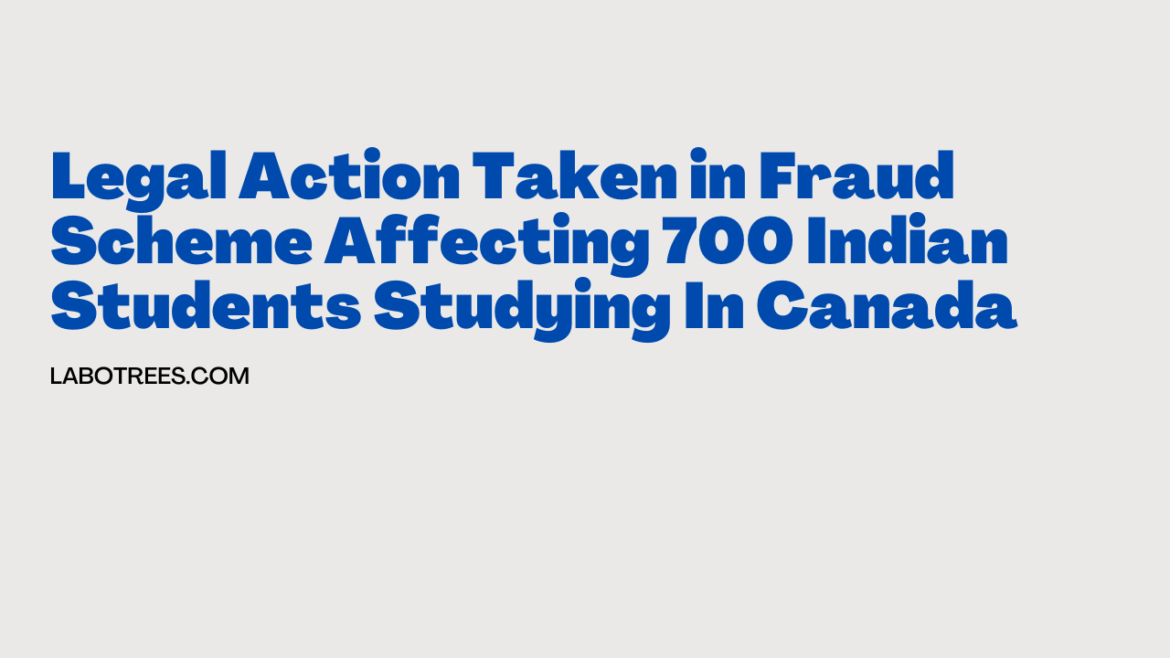The Canadian Border Services Agency (CBSA) has initiated legal proceedings against Brijesh Mishra, who is accused of defrauding 700 Indian students studying in Canada. The charges, announced on June 23, include unauthorized representation or advice for consideration, counselling misrepresentation, direct or indirect misrepresentation, communicating false information, and non-compliance with the act.
The case emerged when it was discovered that 700 Indian students had received counterfeit admission letters from Canadian educational institutions. The fraud was uncovered when these students, many of whom had arrived in Canada between 2018 and 2019, completed their studies, gained Canadian work experience, and applied for permanent residence.
The students had sought study visas through Education Migration Services, a firm based in Jalandhar, India, headed by Mishra. The students were charged substantial fees for college admission and visa applications. The firm has since shut down, and Mishra had been missing until recently.
Upon his arrest, it was revealed that Mishra had been residing in Surrey, British Columbia, illegally after his visa was revoked in 2019 for “ghost consulting”. Two other company directors have also been arrested and denied bail in India.
In response to the fraud, Immigration Minister Sean Fraser announced a special task force to investigate each affected student’s case individually to determine if they were victims of fraud. Students found to have knowingly participated in the fraud could face penalties, including deportation. However, those found to be unaware of the fraud will not be deported and will be granted a temporary resident permit to stay in Canada.
Moving forward, Immigration, Refugees and Citizenship Canada (IRCC) will collaborate with Designated Learning Institutions (DLIs), provinces, territories, and organizations representing Canada’s colleges and universities abroad to detect fraud.
International students are often targeted by fraudsters, as seen in this case where students fell prey to a “ghost consultant”. These unlicensed immigration representatives pose as legitimate consultants, offering services to international students, such as assistance with admission or visa applications. After receiving a typically high fee, the consultant ceases all communication and disappears with the money.
Students can protect themselves from such fraud by being cautious about who they share personal information with and avoiding responding to unsolicited or suspicious requests for financial information or money. If an offer, such as a job or accommodation, seems too good to be true, it likely is a scam. It’s crucial to thoroughly verify any potential immigration consultant, employer, or landlord.

